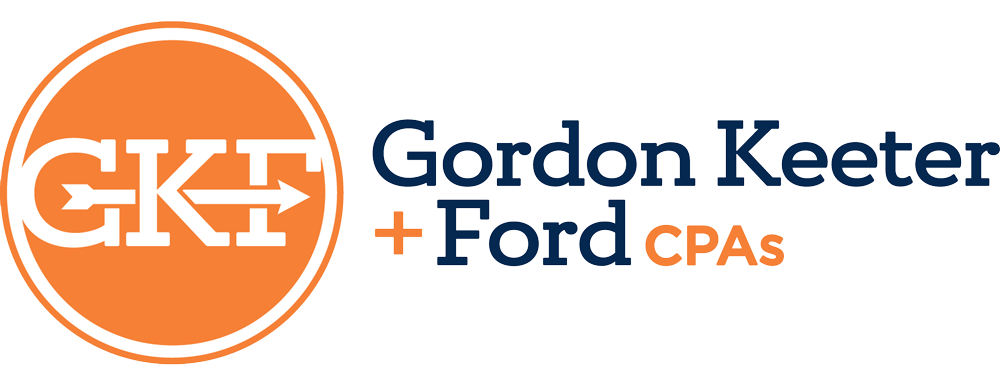Year End Individual Planning Considerations

Year-end tax planning provides taxpayers with an opportunity to evaluate potential tax saving measures that can be acted on before it’s too late. You should consider the following items:
- General planning considerations that affect most taxpayers
- Postpone income until 2016 and accelerate deductions into 2015 to reduce current year income taxes. However, if this is a down year you may want to consider the reverse so you can take advantage of lower tax rates this year.
- Consider selling investment assets (stocks, mutual funds) at a loss to offset current year capital gains.
- If you typically take the standard deduction you may want to consider bunching deductions in one year so you can itemize your deductions every other year.
- Make charitable contributions by 12/31/15. Donating appreciated stock is a very tax efficient way to make these contributions. Make sure your contribution is to a qualifying charity (not individuals) and you obtain a valid receipt.
- Planning considerations related to retirement, FSA and HSA accounts
- Increase your retirement contributions (401(k), etc.) through the end of the year.
- If you converted your traditional IRA to a Roth IRA during 2015 and the value of your Roth IRA declined significantly after the conversion, then you should consider recharacterizing (undoing) the conversion.
- If you have no traditional, SEP or SIMPLE IRAs and your income is above the Roth IRA contribution limit, consider funding a back-door Roth IRA. A back-door Roth IRA is accomplished by making a nondeductible traditional IRA contribution and then converting it to a Roth IRA.
- If applicable, make sure you have taken your required minimum distributions from your IRAs and other retirement accounts by 12/31/15 to avoid the 50% penalty.
- Most employer’s open enrollment period to change the amount of contributions to flexible spending accounts (FSA) occur in the fall. If these benefits are available to you, consider contributing. The maximum health FSA is $2,500 and dependent care FSA is $5,000.
- Consider maximizing or contributing additional dollars to your health savings account (HSA).
- Items typically affecting high income taxpayers
- The alternative minimum tax (AMT) affects a great number of taxpayers each year. Sometimes the planning options are limited, however, you should contact your tax adviser to explore your personal situation.
- The net investment income tax (3.8% Medicare tax) can potentially be reduced with proper planning. The scope of that planning is beyond the contents of this article.
- Make gifts sheltered by the annual gift exclusion before 12/31/15 thereby saving gift and estate taxes. You can give $14,000 in 2015 to each of an unlimited number of individuals.
- Be prepared to make a qualified charitable contribution directly from your IRA. This is assuming Congress reinstates this deduction which expired 12/31/14.
If you would like to see how these planning considerations affect your personal tax situation please contact our office for an appointment.
